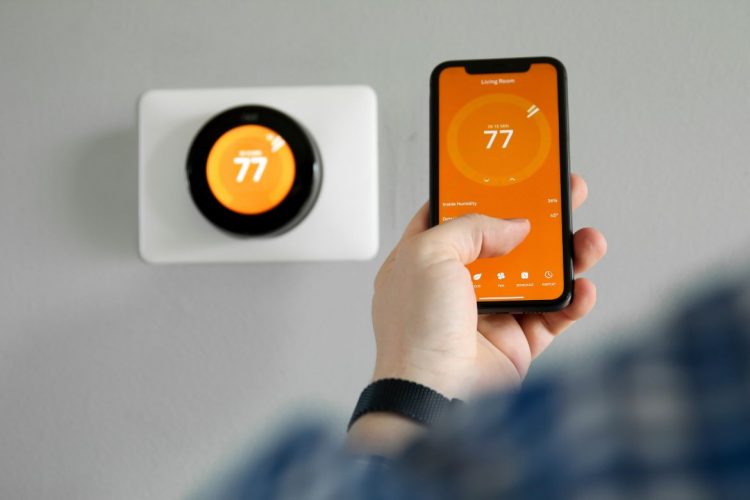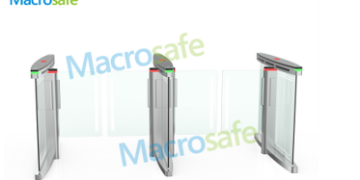With inflation on the rise, more and more homeowners are looking for ways to cut a few corners and put money back in their pockets.
Home automation systems might seem like a significant investment initially, but their long-term benefits can help you save money. Here are some of the most important advantages of the various components of a smart home.
Smart Light Controls
One of the primary concepts with a home automation system that many users love is the ability to make lighting adjustments on command. Many people know that leaving the lights on when they’re not necessary can add quite a few dollars to the utility bill.
A unique feature of the smart home setup is motion sensors, which enable lights to work only when necessary, or with command controls. Command controls help users turn off the lights when they’re not home or if they forgot to turn them off across the house. In addition to a command control function, shifting the sensors around daylight can alleviate excess lighting usage unless necessary.
Home Climate Regulations
In addition to the lights weighing on the utility bill, in-home climate control can drive up expenses relatively quickly. Things, like constantly changing the temperature and forcing the system to play catch up, can dramatically affect the bill.
With a home automation system, you can optimize your customer life cycle by empowering the smart hub to make adjustments that align with your home’s needs. Stay informed about energy usage through the smart device and make necessary changes to enhance efficiency.
Even when you’re away, control the climate through your smart device, optimizing HVAC usage and maximizing cost savings. Embrace the power of automation to create a smarter and more energy-efficient home.
Reduced Energy Consumption
A common misconception about home automation is that the system itself is an energy hog. It’s quite the opposite. A primary goal for a smart home setup is to save money and help users remain in the loop about their overall energy consumption.
Climate control, command controls from anywhere via a smart device, and smart plugs can contribute significantly to the system’s functionality. Generally, these are some of the most appealing features of the automation system.
Efficient Water Tracking
A home’s water usage is another everyday utility that often gets wasted. While this is easier to control, things like undetected leaks and overworked fridge systems can greatly impact the home’s water supply.
Installing a home system that features smart water sensors can help you optimize the cost benefits of a smart home system and give you more control and awareness about usage rates.
The Bottom Line
Modern conveniences are nice, but at some point, their costs can stress families out. Installing a home automation system can help save money and reduce your financial stress. The good news is you can chip away at your smart home setup and invest in the areas you need it most.
Source by geekinsider.com






























